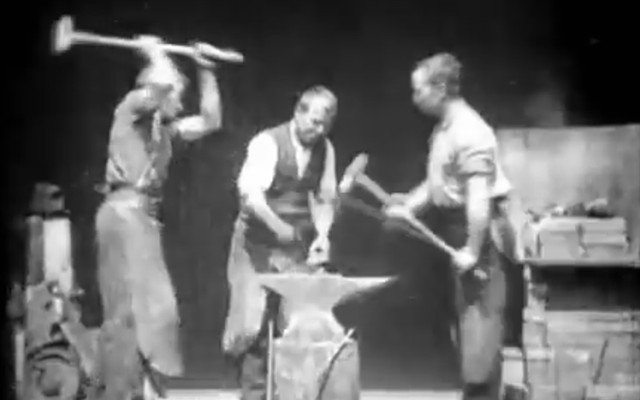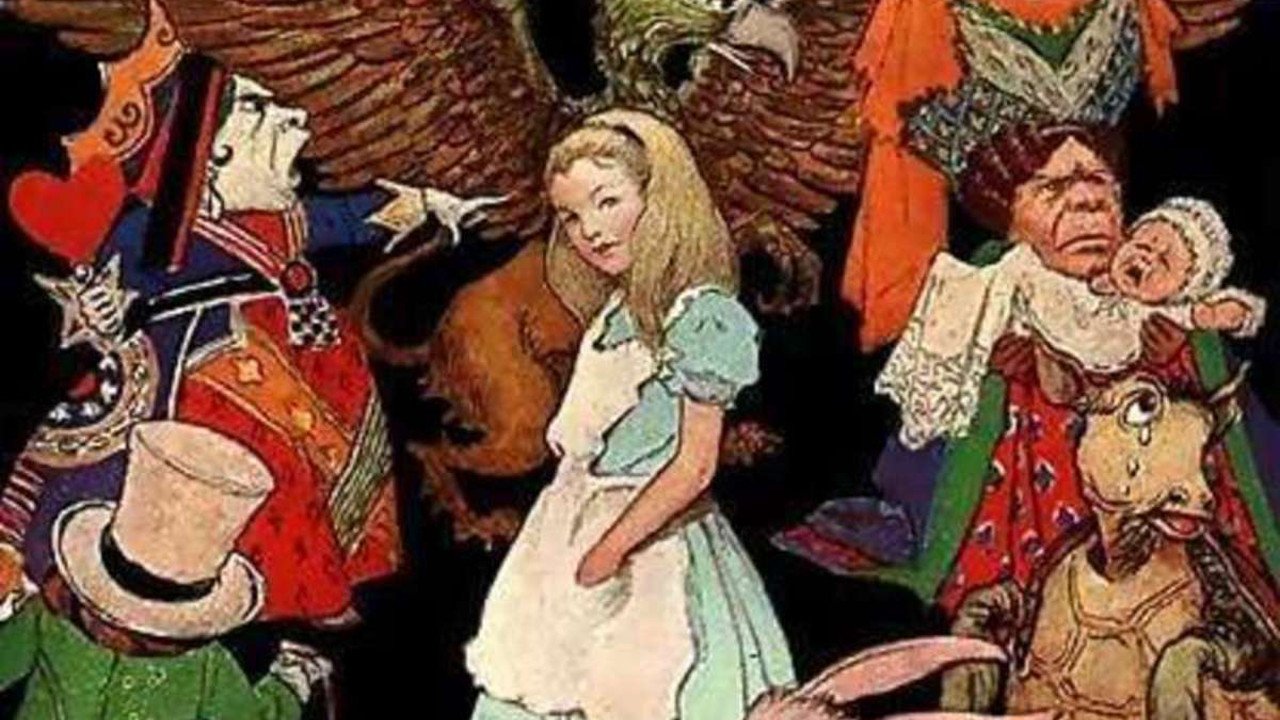| This post may contain affiliate links. If you click on the links and buy, we get a commission. It doesn’t cost you anything. See the full disclaimer here. |
Ever wonder how far back in time you could go and still understand English?
Our latest video is an English lesson for time travellers, and explores the question by looking at how the English language sounded throughout the ages and how the accent and pronunciation would change as you travelled back in time.
The video features Modern, Middle and Old English being spoken, along with several slang words of the day.
So how would you have fared?

1700-current
In the nineteenth and eighteenth centuries, you’d probably still understand most of what was being said, as long as it wasn’t a heavy dialect.
This passage is from the book ‘Robinson Crusoe’, published in 1719:
“I, poor miserable Robinson Crusoe,
being shipwrecked during a dreadful storm in the offing,
came on shore on this dismal, unfortunate island,
which I called “The Island of Despair”
Easy enough to follow, but you might struggle with a few slang words of the day:
batty fang – a beating
kickerapoo – dead
land pirates – highway robbers
gutfoundered – very hungry
whapper – a big lie
Nitsqueeger – Hairdresser
Xantippe – an ill tempered wife
Abbess – a nun
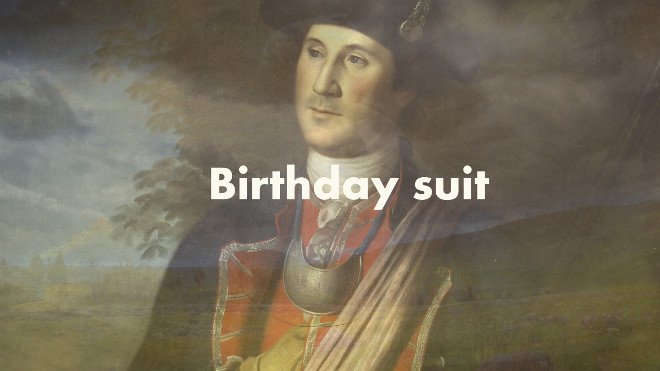
Thornback – a spinster
Barber-monger – a vain man
Bleater – someone who complains a lot
Brabble – to quarrel loudly
Crapulous – the feeling of being too full
Hugger-mugger – secretly
Pigarlik – a bald head
Petty fogger – a dodgy lawyer
Birthday suit – the suit you wear on your birthday
The 1600s
The sixteen hundreds, of course, is best known for Shakespeare.

“Thy natural magic and dire property,
On wholesome life usurp immediately.”
Hamlet, Act III
Here, Lucianus talking about the natural magic of poison. and how using it to kill the king will usurp the throne. It’s tricky to follow, but luckily not everyone around the time spoke like this. You would hear lots of words you didn’t understand though.
The bigger problem for you now is the pronunciation. The sound of the vowels has changed, and the accent is becoming much harder to understand.
For example, “tea” is pronounced “tay”, and “gone” is pronounced “goan”.
The Great Vowel shift, as it came to be known, occurred between 1350 and 1700.
The 1500s
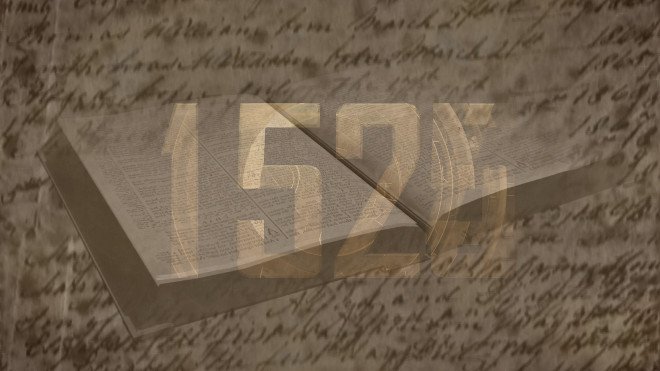
In the fifteen hundreds people essentially speak like the text of the Bible.
“Now therefore thus saith the Lord,
Thou shalt not come down
from that bed on which thou
art gone up, but shalt surely die.”
KJV 2 Kings 1:4
At this stage, while the vocabulary is smaller, there are hundreds of words that don’t mean a thing to you.
1300s-1400s

Before about fourteen hundred, you’d hear Middle English, and you would hardly understand anything, written or spoken.
“Whan that Aprill, with his shoures soote
The droghte of March hath perced to the roote
And bathed every veyne in swich licour,
Of which vertu engendred is the flour;”
The Canterbury Tales, 1389
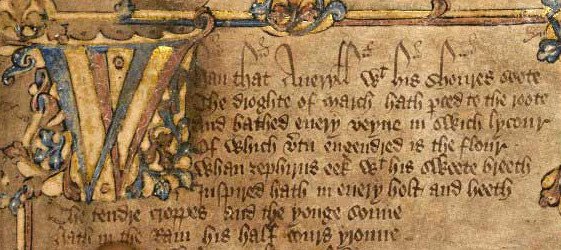
1000 AD
If you went all the way back to one thousand AD, you’d hear Old English:
Lord’s Prayer
Fæder ure þu þe eart on heofonum;
Si þin nama gehalgod
to becume þin rice
gewurþe ðin willa
on eorðan swa swa
on heofonum.
Good luck explaining that you need ‘one point twenty-one Jigawatts’ to get home!
Credits:
Audio:
Robinson Crusoe, Daniel Dafoe, Read by Mark F. Smith, Librivox, 2010, PD-US
Hamlet, William Shakespeare, Read by Allex, Librivox, PD-US
King James Bible, 2 Kings Chapter 1, Read by Joy Chan, Librivox, PD-US
Canterbury Tales, lines 1-42, Geoffrey Chaucer, Read by Youtube user: pronuntiatio
CC-Attribution 3.0
Fæder Ūre – Lord’s Prayer in Old English, Read by Youtube user: Hrothgar Simonus
CC-Attribution 3.0
Delorean Photo:
“TeamTimeCar.com-BTTF DeLorean Time Machine-OtoGodfrey.com-JMortonPhoto.com-07” by Terabass – Own work. CC BY-SA 4.0
With thanks to
Reddit: veritate_valeo, mearcstapa, johnnynono
Mental_floss & Erin McCarthy
Buzzfeed & Luke Lewis
Music
Audioblocks


